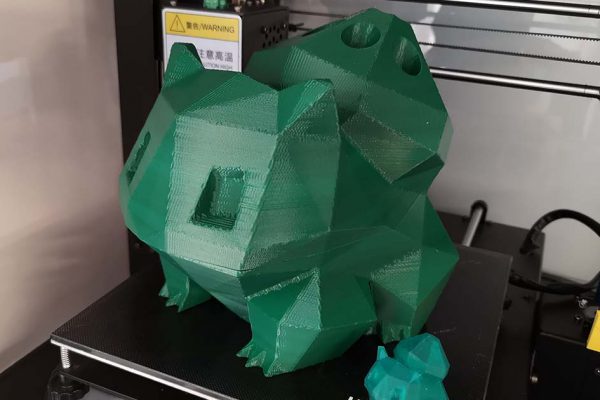It’s easy to blame an incomplete answer on whoever is answering your question. But have you ever considered it might be your question that is the issue?
Some light reading
On August 5th 1997, Korean Air flight 801 took off from Seoul-Kimpo International Airport. During the approach there were some issues with some of the navigational equipement. The cockpit voice recorder transcript shows a confused crew asking slightly probing questions to the captain. A captain who seemed to have forgotten he had disabled several safety systems because the airport’s Instrument Landing System (ILS) was inoperable. The crew repeatedly asked the captain whether or not the system was working (they knew it wasn’t). The captain was slightly annoyed at the question, and ignored it. This polite question was masking it’s true meaning “Did you forget the ILS system isn’t working?”. On August 6th 1997 at 01:42, flight 801 crashed into a mountainside 5km away from Guam airport. The cause of the crash was ruled as pilot error.
Make your questions count
This is an extreme example of how an incomplete question illicits an emotional response, without any content. A question that is stated incompletely, will never get complete answer. A research question that is incomplete, will never provide data that holds the key to making your product work, grow in your market, or even tell you what that market is.
Asking incomplete questions will make you waste time on research you didn’t need to do and waste other people’s time. Asking the wrong questions is the fastest way to fail in any endeavour, business or otherwise.
How to ask questions
So what actually makes up a complete (research) question? Before posing a question, you need to know 3 things:
- Reason for the question
- The desired format of the answer (or data)
- Any required background information needed to interpret the answer
Adding motivation will help everyone know what you’re working towards, you start at the end. knowing what format you want your data in will help you keep direction. Knowing what background information is needed, will help you determine who to ask the question to.
Be specific
If you want better answers, you need to ask better questions. If you want more specific answers, ask more specific questions.
The right questions are the most powerful tool you have at your disposal, use it well.









